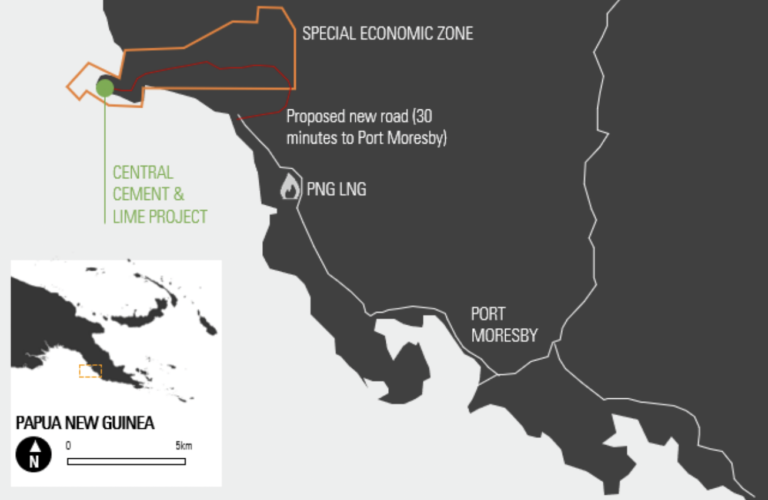Gelion Technologies has announced a new partnership with Mayur Renewables, which aims to develop a renewable energy portfolio in Papua New Guinea.
The newly signed memorandum of understanding (MoU) will see Gelion supply Mayur Renewables, a division of Sydney-listed Mayur Resources, with its zinc-bromide Endure batteries. Gelion is currently bringing the Endure batteries to full commercialization. It is initially looking to deliver 100 MWh of energy storage to Mayur from 2022 to 2027.

“The heat-resistant Endure battery is ideal for conditions in PNG and we look forward to supplying Mayur with energy storage capability to support and boost their operations,” said Gelion CEO Andrew Grimes.
Mayur Renewables Managing Director Paul Mulder said Gelion can also support its nation-building vision for PNG.
Popular content
“It’s fantastic to get in on the ground floor with Gelion, which has the technology and lower-installed cost to enable Mayur to increase renewable energy penetration at a faster rate than with existing technologies,” he said.
Gelion is marketing itself as a safer alternative to lithium-based battery chemistries. It wants to bring the Endure batteries into the market at a remarkably competitive $100 per kWh. It says its novel manufacturing approach and highly engineered design have allowed it to provide such a low-cost offering.
“Only 13% of PNG is electrified. Most of the current power generation capacity relies on diesel or heavy fuel oil, which is not sustainable in today’s energy market. Gelion’s robust and scalable zinc-bromide Endure batteries, coupled with large-scale solar energy could provide remote PNG communities with an affordable, renewable and robust solution for their energy needs,” said Mulder.
The partnership announcement follows the completion of a Mayur Renewables study for a Special Economic Zone in Papua New Guinea, where around 500 MW of solar could be installed. In terms of scale, that’s just shy of the island’s total installed power capacity, which sits at 580 MW. Mayur Renewables said the solar project would provide a source of renewable energy for its planned Central Cement & Lime project, while also provide electricity for other industrial users.
This content is protected by copyright and may not be reused. If you want to cooperate with us and would like to reuse some of our content, please contact: editors@pv-magazine.com.



By submitting this form you agree to pv magazine using your data for the purposes of publishing your comment.
Your personal data will only be disclosed or otherwise transmitted to third parties for the purposes of spam filtering or if this is necessary for technical maintenance of the website. Any other transfer to third parties will not take place unless this is justified on the basis of applicable data protection regulations or if pv magazine is legally obliged to do so.
You may revoke this consent at any time with effect for the future, in which case your personal data will be deleted immediately. Otherwise, your data will be deleted if pv magazine has processed your request or the purpose of data storage is fulfilled.
Further information on data privacy can be found in our Data Protection Policy.